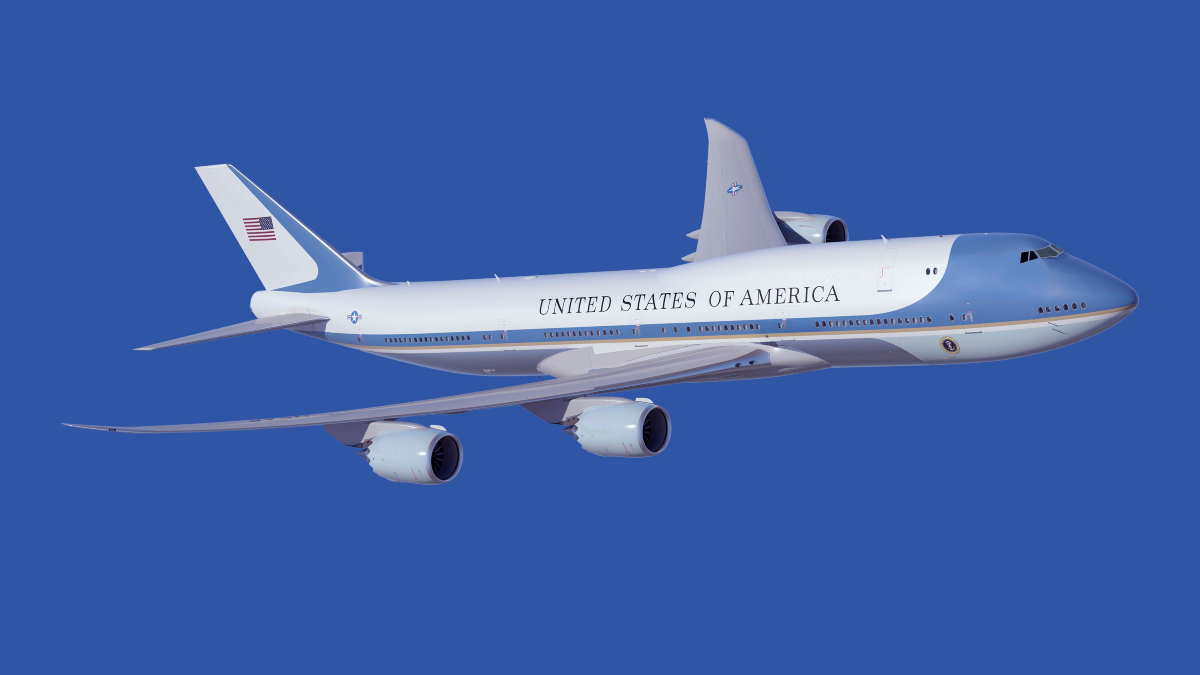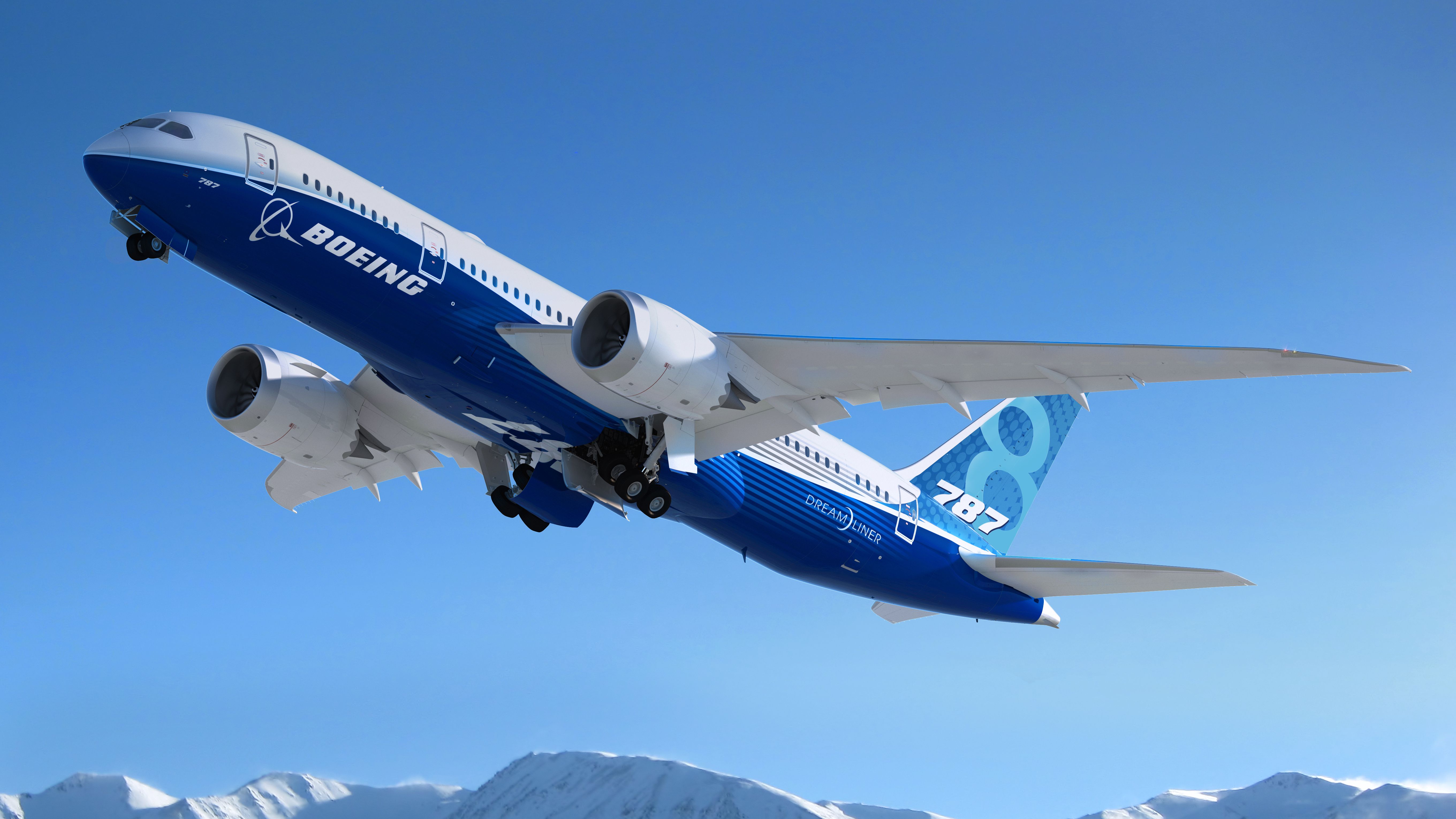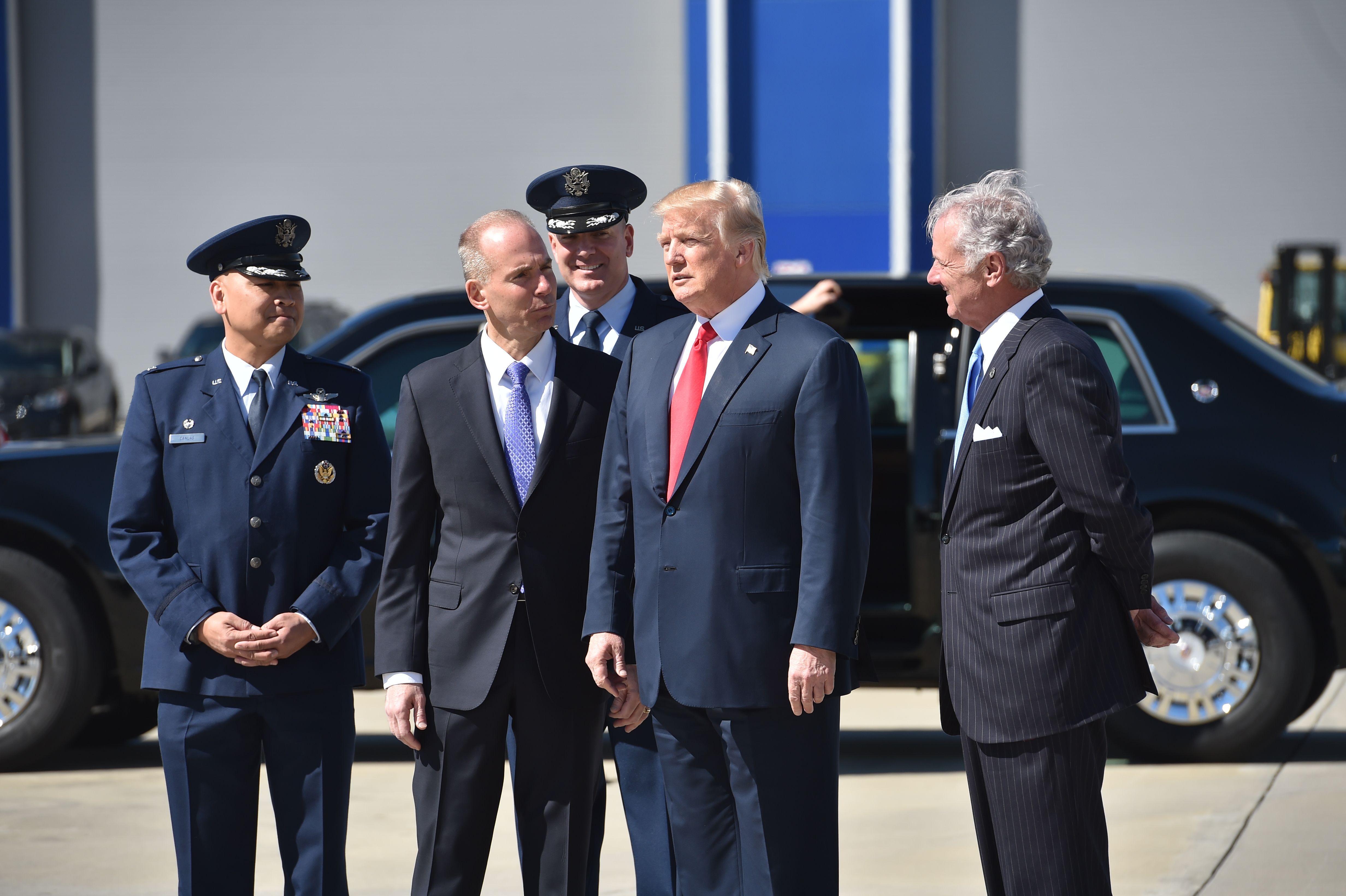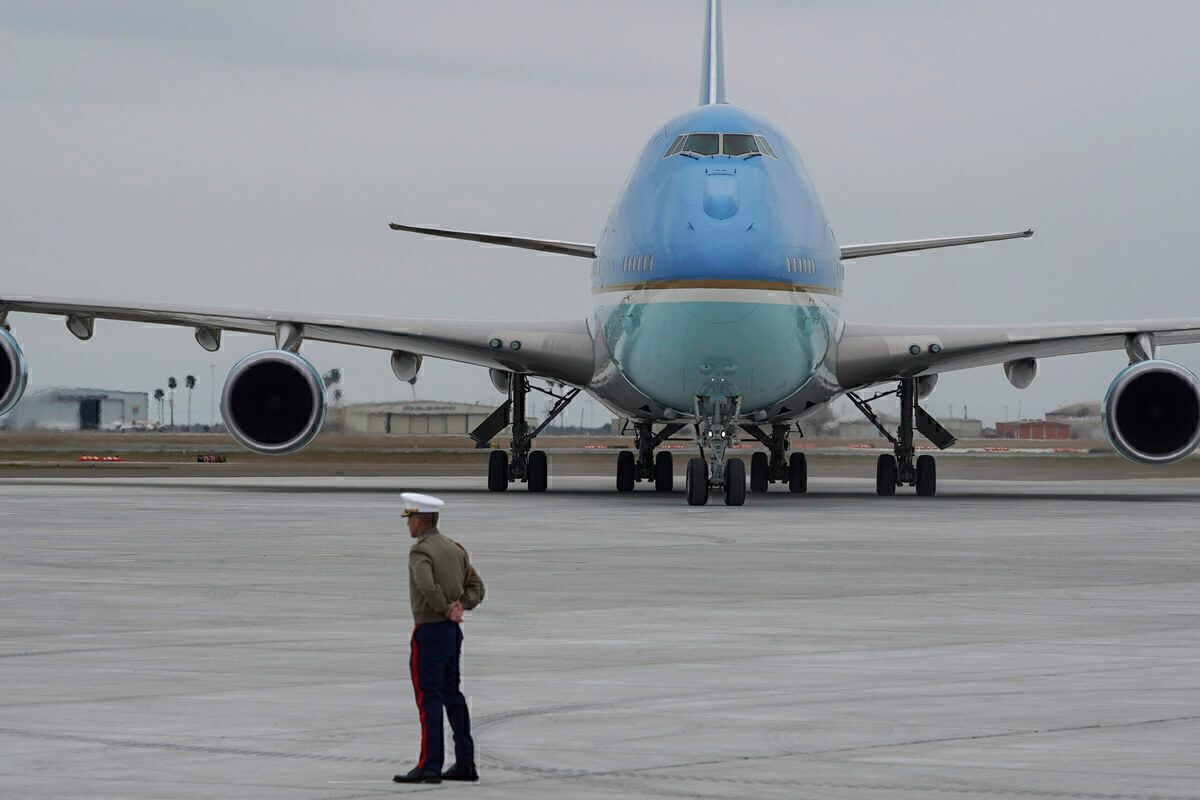Boeing's boss is regretting a deal his predecessor made with the US Government to build two Air Force One planes. In 2018, then Boeing CEO Dennis Muilenburg and US President Donald Trump sealed a US$3.9 billion fixed-price deal for the two highly customized Boeing 747-8 jets. The current Boeing CEO, Dave Calhoun, has recently questioned the wisdom of that deal.
Boeing notches up its third charge against the Air Force One program
As reported by Defense One, Mr Calhoun confirmed the fixed price deal meant Boeing has recently posted a $660 million pre-tax charge retrofitting the two jumbo jets originally destined for a Russian airline. This charge is the third posted against the retrofitting program that is still a long way from completion. During Boeing's quarterly earning's call on Wednesday, Mr Calhoun said;
"Air Force One I'm just going to call a very unique moment, a very unique negotiation, a very unique set of risks that Boeing probably shouldn't have taken. But we are where we are, and we’re going to deliver great airplanes. And we’re going to recognize the costs associated with it.”
Boeing agreed to reconfigure the two jumbos per White House specs in 2018. Neither Trump nor Muilenburg were disinterested parties. Officially called the VC-25B program, but better known as the Air Force One program, Boeing initially asked for $5 billion to complete the job. Trump took to Twitter, called that price "ridiculous," and said the USAF should end negotiations. Boeing subsequently dropped their asking price to $3.9 billion.
A matey deal that may backfire on both parties
Before signing, Muilenburg met with Trump at The White House to nut out the details. Boeing has a history of cost overruns involving fixed price deals with the USAF. A fixed price aerial refueling tanker program earlier last decade ended up costing Boeing around $2 billion. Throwing caution to the wind, and making a big aviation news splash, Muilenburg agreed to undertake the Air Force One project on a fixed-price basis.
The White House gloated the deal would save taxpayers $1.4 billion, with the two jets scheduled for delivery in 2024. In addition to the VC-25B program, Boeing is progressing with the T-7A, KC-46 tanker, and MQ-25 tanker drone projects under a fixed price contract.
Since then, the Air Force One program has not run smoothly for Boeing. In 2020, Boeing quietly posted a $168 million charge against the Air Force One program, attributing that to COVID-19-related “engineering inefficiencies.”
The program's problems hit the headlines last year when Boeing canceled contracts and sued global aerospace company GDC Technics (which had contracts to design and build the interior of the two 747s). Boeing said GDC Technics was 12 months behind schedule and had failed to meet contractual deadlines. These GDC Technics-related "performance issues" resulted in another $318 million charge against the program.
GDC Technics countersued, saying Boeing's mismanagement of the Air Force One program, not GDC, had caused the delays. GDC said Boeing had problems with engineering, program management, and was looking for a scapegoat. Boeing went on to settle the dispute and resumed doing business with GDC Technics.
Delays and cost overruns on the radar
During a US House of Representatives Armed Services Subcommittee hearing last year, a USAF official confirmed Boeing had indicated not only will the new Air Force One 747s likely be delayed, but they could also turn out to be more expensive. Boeing cited difficulties due to COVID-19 and conflicts with subcontractor GDC Technics for the increased expenses and delayed delivery date. The same official said that Boeing had sent a letter of intent asking to increase the payment. The official did not specify what sort of increase Boeing was seeking.
In March, Simple Flying reported the Air Force One program was running 17 months behind schedule, with delivery pushed back to 2025, mainly due to the pandemic and supply chain shortages. The latest news out of the USAF suggests they now don't expect delivery until 2026 at the earliest - although the USAF is yet to formally accept any revised delivery timeline.
If you add the most recent $660 million charge to the $168 million charge posted in 2020 and the $318 million charge posted last year, Boeing has lost around $1.15 billion on the Air Force One program so far. It's no wonder Dave Calhoun wishes his predecessor had negotiated a better deal with Mr Trump.
Source: Defense One




